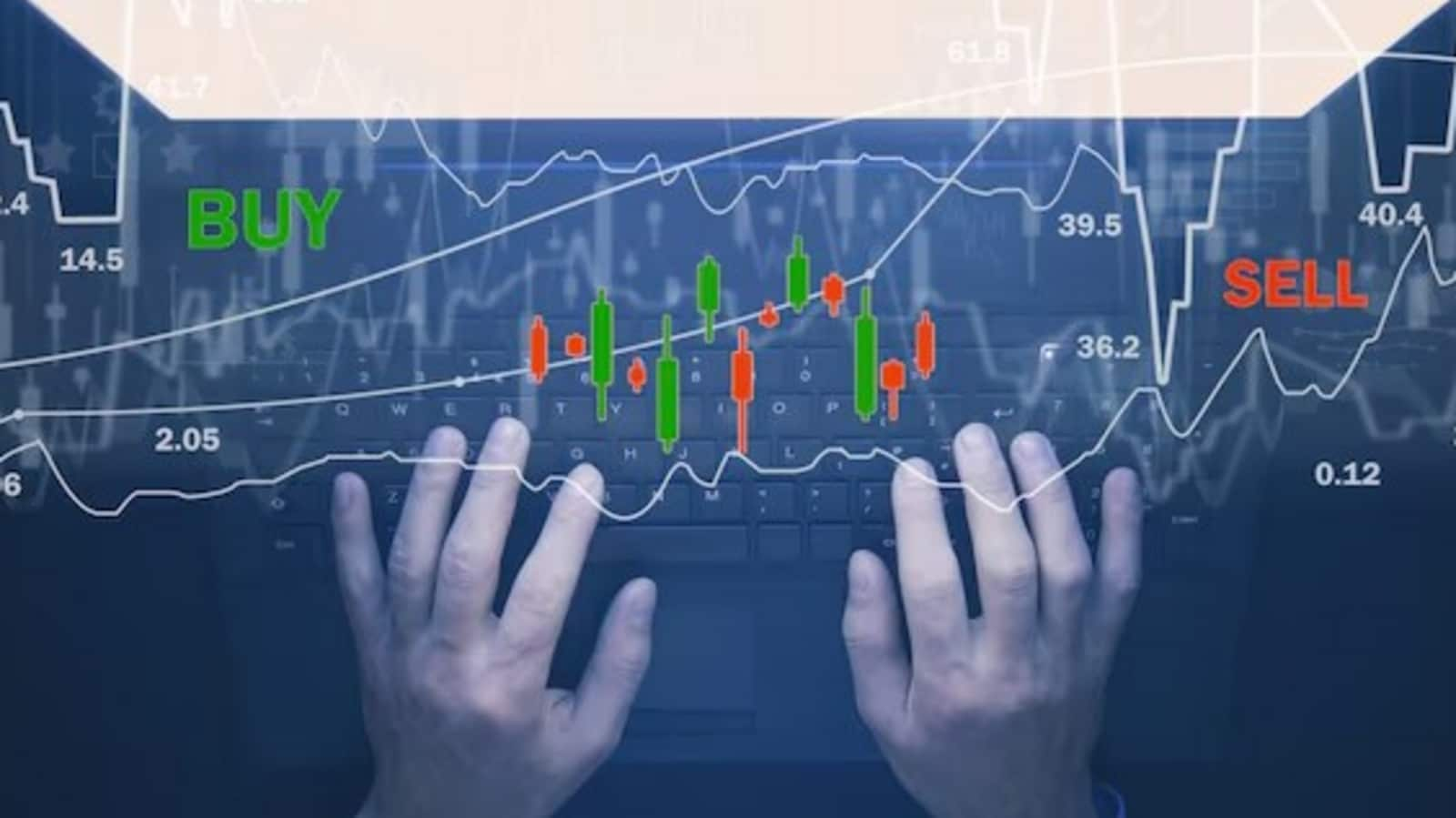Asian markets experienced a positive shift on Wednesday, largely buoyed by reassurance from former President Donald Trump regarding the leadership of the US Federal Reserve. Investors reacted favorably as Japan’s Nikkei 225 surged by 1.7%, reaching 34,797.22. Similar gains were noted across the region, with Australia’s S&P/ASX 200 climbing 1.6% to 7,943.00, and South Korea’s Kospi increasing by 1.2% to 2,515.19.
Market Reactions to Political Statements
The rally in Asian stocks followed Trump’s declaration that he does not plan to dismiss Fed Chair Jerome Powell, alleviating previous concerns that his leadership could be in jeopardy. This statement marked a notable shift in sentiment after Trump had hinted at the possibility of firing Powell in light of recent interest rate decisions.
- Key Asian Index Gains:
- Nikkei 225: +1.7% to 34,797.22
- S&P/ASX 200: +1.6% to 7,943.00
- Kospi: +1.2% to 2,515.19
- Hang Seng: +1.7% to 21,927.92
- Shanghai Composite: -0.1% to 3,298.33
Positive Sentiment from U.S. Officials
Adding to the optimistic outlook, U.S. Treasury Secretary Scott Bessent expressed during a speech that the trade tensions with China are unsustainable, suggesting a potential “de-escalation” in the ongoing tariff conflict. This commentary helped to foster a sense of stability among investors, contributing to a notable rebound in U.S. stock markets the previous day.
On Tuesday, the S&P 500 experienced a significant uptick of 2.5%, while the Dow Jones Industrial Average surged by 2.7%, increasing by 1,016 points. The Nasdaq Composite mirrored this trend, also rising by 2.7%. Collectively, these indexes recovered from earlier losses, reflecting a renewed sense of confidence among traders.
Economic Forecasts and Investor Concerns
Although optimism surged, many Wall Street analysts remain cautious, predicting continued volatility as market participants anticipate potential tariff negotiations. Should these negotiations falter, fears of an economic slowdown loom large, especially as the International Monetary Fund revised its global growth forecast for the year down to 2.8% from 3.3%.
While many U.S. companies reported better-than-expected earnings—contributing to the stock market’s gains—concerns linger over Tesla’s recent performance. The electric vehicle manufacturer revealed a significant drop in profits, falling from $1.39 billion to just $409 million, far below what analysts had predicted. This downturn was attributed to various challenges, including vandalism and public backlash against cost-cutting measures.
Key Stock Market Highlights
- S&P 500: Increased by 129.56 points, closing at 5,287.76.
- Dow Jones Industrial Average: Up by 1,106.57, reaching 39,186.98.
- Nasdaq Composite: Gained 429.52 points, ending at 16,300.42.
Bond Market and Commodities
In the bond market, longer-term yields moderated after an unsettling rise. The yield on the 10-year Treasury note receded to 4.39%, down from 4.42%. On the commodities front, benchmark U.S. crude oil prices rose by $1.23, settling at $64.31 a barrel, while Brent crude increased by 44 cents to reach $67.88.
Currency Movements
In foreign exchange, the U.S. dollar dipped to 141.85 Japanese Yen, down from 142.37 Yen, while the Euro appreciated slightly to $1.1397, compared to $1.1379 previously.
In summary, positive signals from U.S. officials and a stabilizing stock market have set a hopeful tone for Asian markets, even as economic concerns and volatility remain prevalent.











